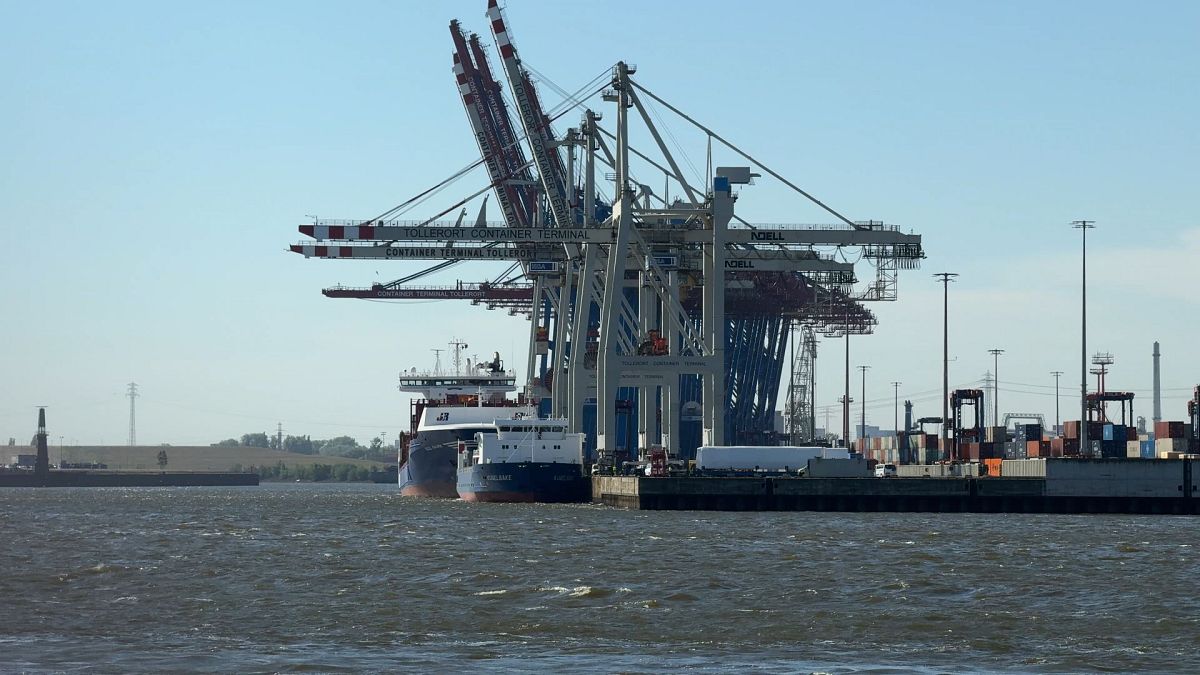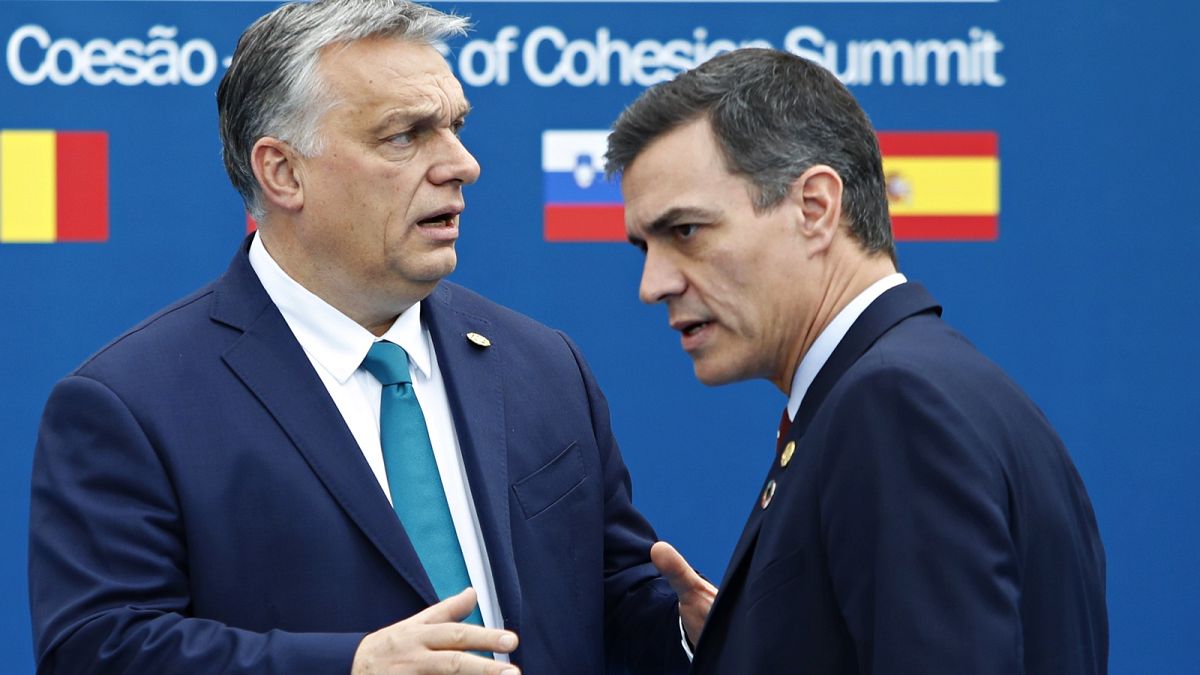François Villeroy de Galhau, the Governor of the Bank of France, is advocating for a reduction in interest rates by the European Central Bank (ECB) during its September meeting, following a previous cut implemented in June. This call comes amid a notable decline in eurozone inflation.
In an interview with Le Point magazine on August 30, Villeroy described the proposed rate cut as both “just and wise,” aligning with the ECB’s cautious approach to monetary policy adjustments.
“Our upcoming meeting on September 12 should, in my view, result in decisive action. A new rate cut would reflect fairness and prudence,” Villeroy emphasized, highlighting the importance of “active and pragmatic gradualism.” He urged the ECB to focus on current inflation rates as well as future expectations.
According to Villeroy, “Markets expect euro area interest rates to fall between 2% and 2.5% next year.” However, he also expressed the necessity for the ECB to maintain a careful equilibrium.
“The ECB must pay close attention to the risk of suboptimal growth,” he warned. While he noted that inflation has not yet reliably settled at the ECB’s target of 2%, he believes it is quite likely to reach that target in France during the first half of next year and in the entire eurozone by the second half.
Villeroy cautioned that delaying rate reductions until inflation actually hits the target would lead to untimely actions, as “changes in monetary policy take time to impact the real economy.”
Eurozone Inflation Declines to a Three-Year Low
Villeroy’s statements are timely, reflecting the eurozone’s struggle with decreasing inflation levels, strengthening the case for a monetary easing approach. Recent Eurostat data indicated a drop in inflation to its lowest rate in over three years. In August 2024, the harmonized index of consumer prices (HICP) reported a 2.2% rise year-on-year, down from 2.6% in July—the weakest annual growth since July 2021.
Chris Turner, Global Head of Markets at ING, noted that the unexpected decline in eurozone inflation in August provides the ECB with the green light to proceed with a 25 basis point rate cut during its September 12 meeting.
Nevertheless, even with declining overall inflation rates, services inflation continues to pose significant concerns. Services expenses, which make up nearly 45% of the eurozone’s HICP, increased by 4.2% year-over-year in August, up from 4% in July.
Core inflation, which excludes fluctuating categories like energy and food, fell slightly from 2.9% to 2.8% year-on-year. However, sustained upward pressure from rising service prices remains a crucial concern.
Influences of European Summer Events on Inflation Patterns
Bill Diviney, Head of Macro Research at ABN Amro, highlighted that services inflation in France spiked to 3.1% in August from 2.6% in July, significantly impacted by increased costs in accommodation and transport services, likely influenced by the Paris Olympics.
He suggested that a variety of summer cultural events throughout the eurozone, such as Euro 2024 and the Taylor Swift tour, may also have contributed to these inflationary pressures on serviced industries.
Regardless, the overarching tendency toward disinflation and signs of weakening wage growth support the likelihood of a forthcoming rate cut. “With the trend of disinflation persisting, and leading indicators for wage growth declining, we believe the ECB Governing Council will be ready to proceed with another rate cut in September,” Diviney concluded.
Photo credit & article inspired by: Euronews



